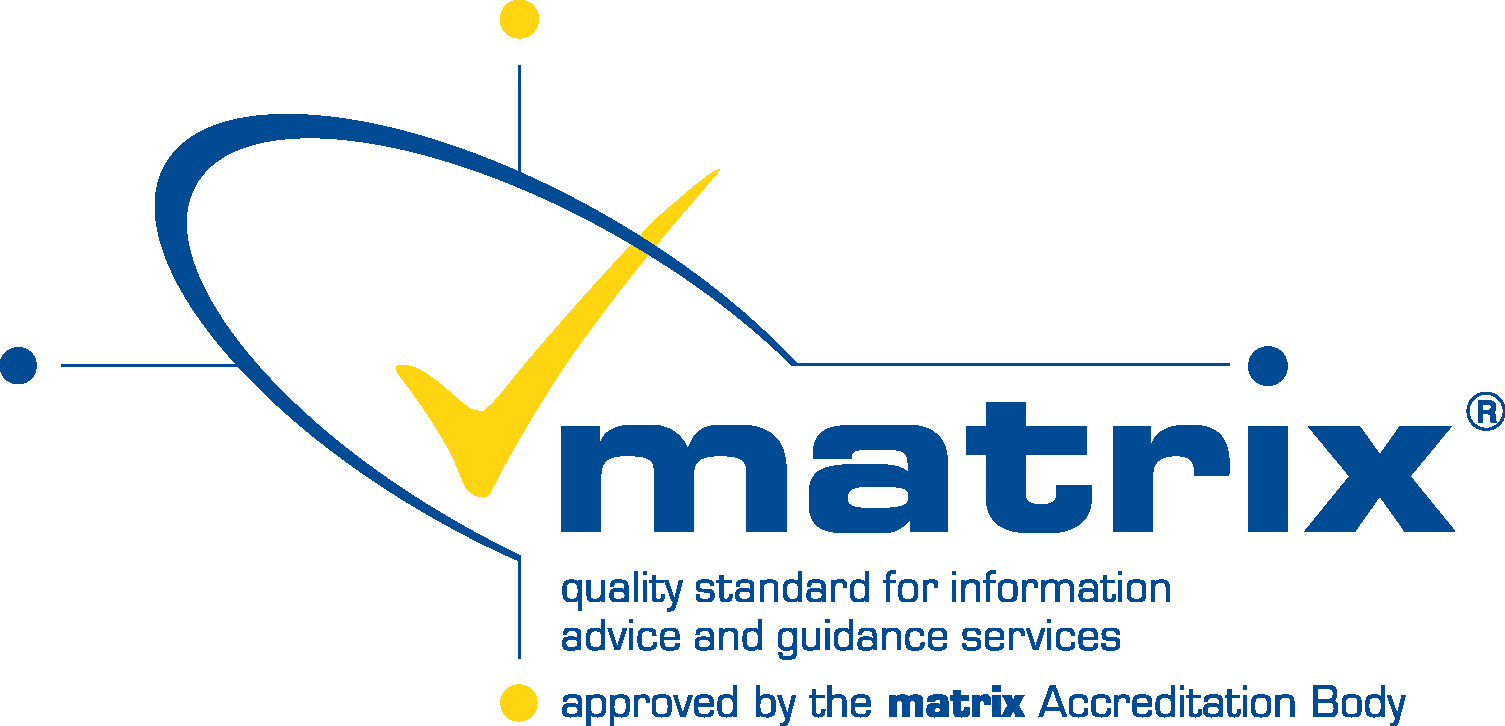How an SSL Certificate can influence your search rankings
Fri 5th July 2019
What about SSL certificates - Do they really help?
From an article by Adam Ford in the Marketing Donut 24 June 2019
An SSL certificate is an online security mechanism. Increasing evidence suggests that implementing an SSL certificate on your website can improve your Google ranking. The moment I heard this; my brain went into a frenzy. What does online security and online search rankings have in relation?
Why is Google giving importance to an SSL certificate when there are millions of other ranking signals to focus on?
Here's the thing: Google is a user-centric brand. It has been so, and it will remain so. Its high inclination towards online security is testament to that.
Google knows that majority of the cyber security threats have their origin in weak website security: those websites which are not properly secured with encryption mechanisms like SSL.
But what the heck is an SSL certificate? An SSL certificate basically covers a cluster of small data files that are digitally bound using a cryptographic key. The certificate holds critical information that a user would want to know like: the organization name, location, domain ownership and so on.
The SSL certificate does the dual task of securing the exchange of data between the user and the website as well as informing the user that they are dealing with a genuine website.
Now you know what an SSL certificate does, let’s dig deeper into the impact that an SSL certificate has on digital marketing and practices such as SEO, Google Ads and social media.
Do SSL certificates affect SEO ranking?

Search engine optimization is a digital marketing tactic where marketers use targeted keywords to get their pages ranked. One of the biggest impacts of SSL certificates were seen on organic SEO.
Google’s updated algorithm ensures that those pages with an HTTPS URL are ranked higher. This fact was substantiated by a 2017 Moz study which found that more than 50% of all pages on Google’s first page results were HTTPS pages.
Now, not all websites have an HTTPS address. It is only for those websites which have an SSL certificate configured in their backend. Naturally, those websites who gave the certificate a miss started to rank below their HTTPS counterparts.
Additionally, Google also pushed the envelope further by labelling all non-HTTPS websites as ‘not secure’. This had a double impact. Since the labelling was visible to all users, it reduced the likelihood of users feeling secure when transacting with the website. Ultimately, this leads to higher bounce rates.
Is an SSL certificate necessary for Google Ads?
For every digital marketer who has ambitious goals but minimal time, Google Ads is like an elevator to getting the desired results. You bid for chosen keywords, run campaigns, get leads. It's as simple as that.
But, in 2017 some marketers started running into trouble. Google stopped approving ads that were directed to HTTP links. In fact, for some users the dead-end notice “destination was not working” was also shown.
In other words, those unlucky marketers ended up losing money. They were pushed to the point where migrating to HTTPS URLs was essential. And an HTTPS URL is only possible with an SSL certificate.
To put things straight and to ensure uniformity, Google also started redirecting users to HTTPS links. For instance, if the website had two URLS - one for HTTP and another for HTTPS, Google redirects users to the HTTPS version.
To broadcast the information, Google even pushed out notifications in the Google Ads panel.
This meant that SSL certificates became a must-have for all marketers who wanted to run successful Google Ads campaigns.
Does having SSL affect social media reach?
It's clear that an SSL certificate is not going to negatively impact your social media reach. Social mediaworks through user sharing and interaction. As a matter of fact, users cannot see whether a link is an HTTPS one or not until they actually visit the website.
It has been shown that non-HTTPS websites get higher traction than HTTPS websites. It is content and virality that drives social media. In a way, SSL did not have much impact on the volume of social shares articles and posts received.
However, there is one aspect of social media where it did have some impact. Social commerce, which refers to the commercial buying and selling of products. When customers click social commerce links and land on a payment page, an HTTP page can make customers feel insecure. Chances are that customers may bounce if they feel that they must share their credit card and other confidential information through a non-encrypted page. That makes SSL certificate essential for social commerce.
SSL certificates - Do they really help?
As you have seen, SSL certificates have had an impact on digital marketing. All facets of digital marketing including SEO, paid ads and even social commerce are impacted by SSL certificates.
The degree of impact varies. SEO seems to be the area that is most impacted by SSL certificates. Google’s active inclusion of online security as a ranking signal has made SSL certificates and HTTPS a priority for webmasters.
As awareness of cyber security risks spreads, users become more sensitive to their data security and privacy. So, it is no surprise that SSL certificates have become popular. If you have a website (or are in the process of building one), now is a good time to invest in an SSL certificate.









